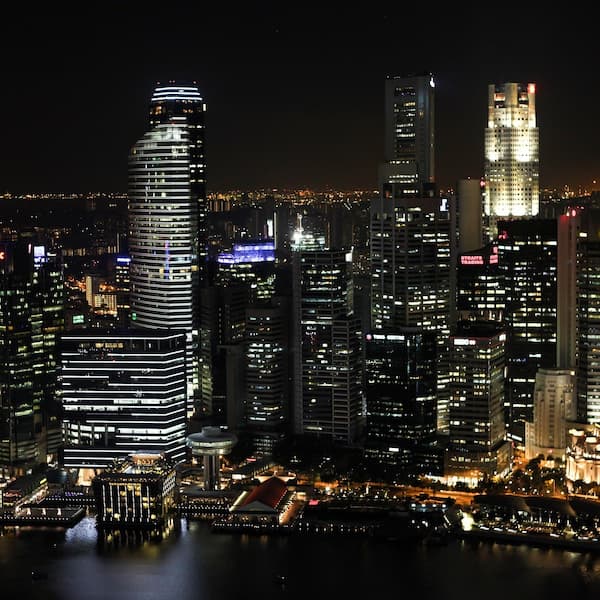Strategy
Focus On China’s Self-sufficiency Opportunity – Ninety One

Portfolio manager Charlie Dutton and analyst Mendy Zhang at Ninety One, a global investment manager which manages $159.8 billion in assets, discuss the trend towards localisation, prioritising domestic champions over foreign alternatives.
China’s equity market has had a tumultuous couple of years, against a backdrop of heightened tensions with the US and Covid-related supply chain troubles, portfolio manager Charlie Dutton and analyst Mendy Zhang at Nintely One, said this week.
The Hang Seng Index halved from February 2021 through October last year as sentiment reached a nadir. The market then soared by 50 per cent through January as the relaxation of stringent measures on movement were lifted, with expectations that China’s deep savings pool – amongst the highest in the world – would be put to work, the firm said in a statement.
Most recently, they have been in somewhat of a holding pattern, as investors digested the results of the annual nine-day gathering of the National People’s Congress, China’s legislative body. Xi Jinping, who was confirmed as president for a precedent-breaking third term, installed many of his allies in top government roles. Importantly, new Premier Li Qiang sought to reassure the country's private sector and also outlined policy that will focus on domestic growth and high quality development.
From an investment perspective, the focus on science, healthcare and technology is especially encouraging, with these disciplines aligning with its quality team’s approach to equity investing. At a time when relations with the US are expected to remain fraught for the long term, they believe it would be prudent to invest in pockets of the market which are likely to benefit from policy tailwinds. Beijing’s drive towards self-sufficiency – ensuring that products are made or innovated in China – will inevitably affect a number of local companies.
They believe that the same rationale applies to the healthcare sector, with Beijing striving to become more self-sufficient in cutting-edge technology such as medical devices. This would help from a national security perspective should the US ever consider export bans on medical devices, and it would help to keep protecting its citizens. Beijing has already doubled the number of intensive care beds per 100,000 people following Covid to 10, but this falls someway short of the 25 to 30 available in Europe or the US, they said. It is serious about catching up, whether in ICU, surgical rooms, or everyday diagnostic functions, they added.
Here are some further examples. Healthcare requires research to move forward, they added. In the consumer space, staples are in positions of strength heading into a period of extended growth.
So, while China’s trend towards localisation might intuitively sound introverted, it believes that the opposite could be true. An uplift in local expertise could help the country entrench its position more firmly as an indispensable link in the global economy, with several quality sectors being notable beneficiaries.
